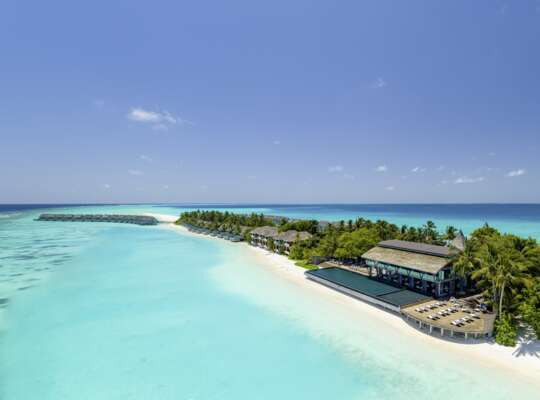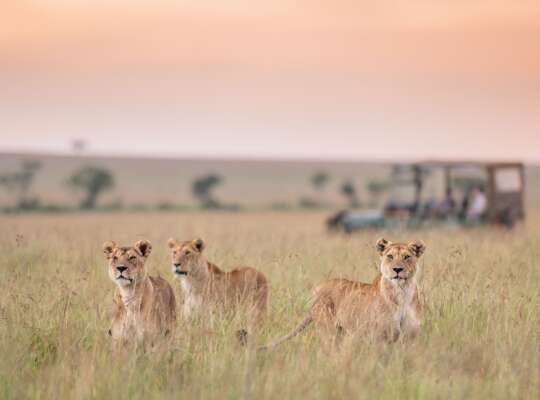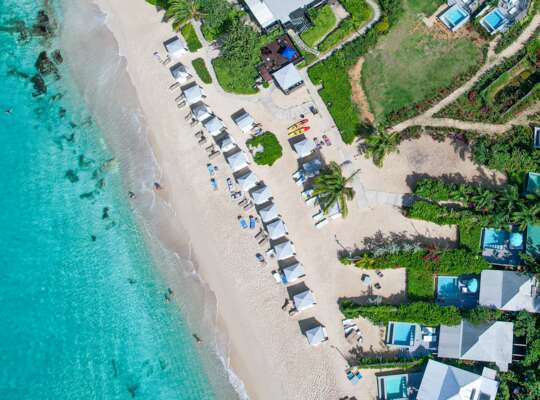Inspiration
Our travel articles are designed to spark some ideas for your future holidays. Dive into the latest travel news from our experts, get the lowdown on tried-and-tested hotels, discover must-do authentic experiences and take a peek at places you might not have considered.
Collections by Kuoni
Themed selections of our favourite places, hotels, experiences and more, handpicked for you
Family favourites
Family holiday ideas from all-in stay put all inclusives to full-on safari adventures
Reset & Revive
Unplug & play with holidays that take you to places where there’s a focus on the rejuvenation of mind, body and soul.
Bucket-list trips
Tick off those trips you've always dreamt of
Multi-stop holidays
Take the hassle out of holiday planning with these prepped-and-ready easy adventures.
Experience everything, miss nothing
One stop’s never enough if you want to delve a little deeper into your destination.
Beach & beyond
Mix seaside bliss with a side of adventure
Seaside breaks
Everything’s taken care and the pressure’s off for the whole crew on an oceanfront escape.
Jet Set, Ready, Go
The temperatures are on the up, the flowers are blooming, and daylight is winning out. It’s time to start daydreaming of those hazy summer days.

















































































































































































































































































































































_w=808_h=536_pjpg.jpg?v=a392d311dd743e3625a1f57ba6fc3b967468f36c)




















_w=808_h=535_pjpg.jpg?v=a392d311dd743e3625a1f57ba6fc3b967468f36c)

























































_w=58_h=58_pjpg.jpg?v=a392d311dd743e3625a1f57ba6fc3b967468f36c)



















































































_w=24_h=25.webp?v=a392d311dd743e3625a1f57ba6fc3b967468f36c)
_w=24_h=25.webp?v=a392d311dd743e3625a1f57ba6fc3b967468f36c)
_w=24_h=25.webp?v=a392d311dd743e3625a1f57ba6fc3b967468f36c)